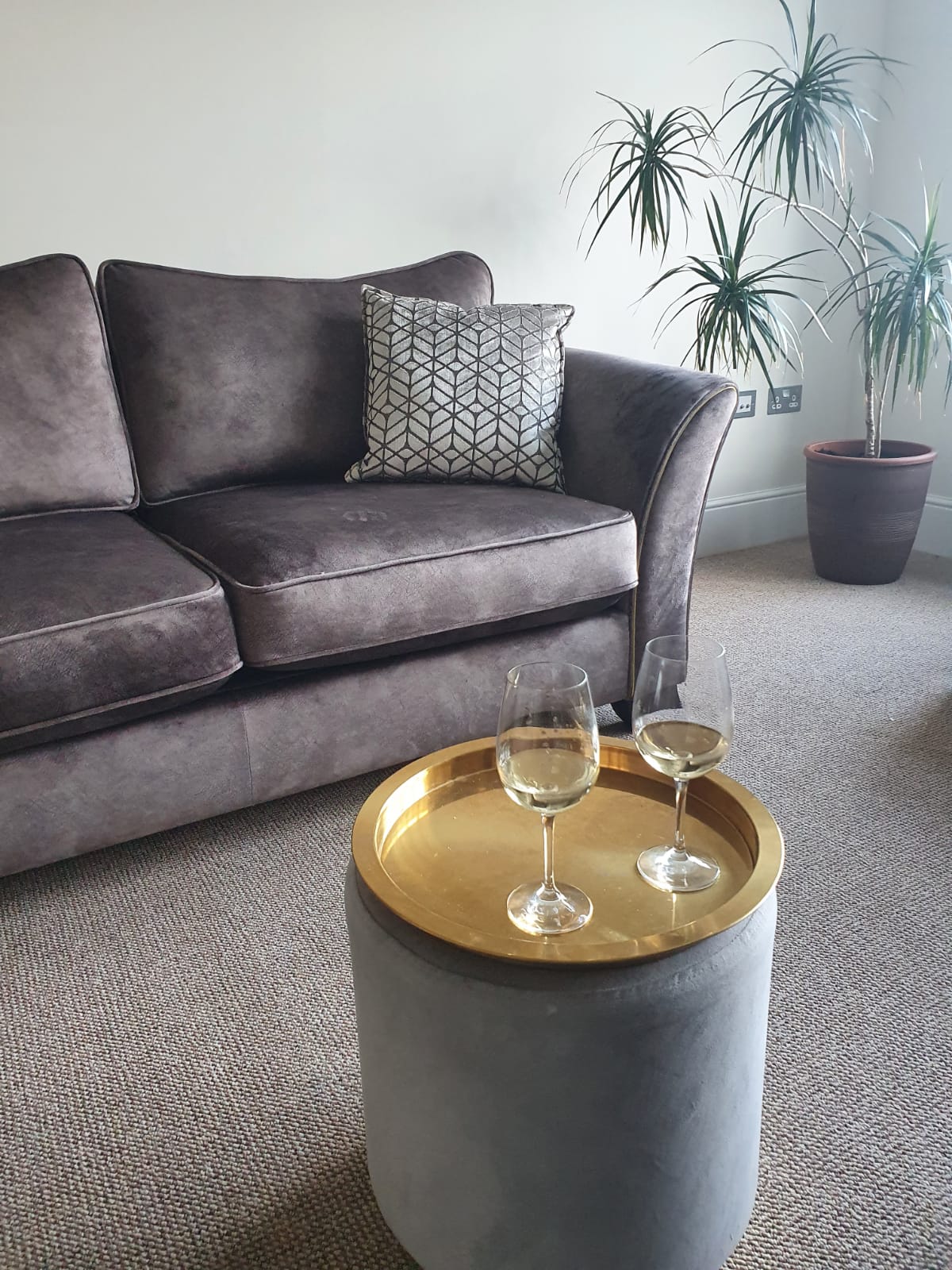
Feng Shui has often been associated with quantum physics. It’s an ancient Chinese Taoist practise which is widely practised in the East today – indeed in countries such as Taiwan and Malaysia it’s common practise to consult a Feng Shui Master before buying or constructing a property for business use. Good Feng Shui practise can create opportunities for growth and reputation as well as beneficial working relationships; inside and outside the organisation.
Literally translated “Feng Shui” means “Wind Water” and is really a science of energy or Qi (Chi). It can therfore be applied to anything from urban master planning, to architecture and interior design – right down to details of colours and materials for best effect. Energy flows in lines, this can be waterways, roads or fields of energy created by the edge of structures such as rooves. Lillian Too is a prolific author on this subject and has practised Feng Shui in business – formerly the Chief Executive Officer of a Bank in Hong Kong (the first woman to hold such a position in Asia).
For example colours have associated wavelengths in energy terms – with yellows, oranges and reds having long wavelengths and blues and violets having shorter ones. These wavelengths have a physiologial as well as psychological effect on our bodies and minds. Long wavelengths serve to simulate and energise whereas shorter ones calm.
Placement and orientation of furniture and posessions comes into play in Feng Shui – there are different schools of Feng Shui practises Compass School ones, Chinese Four PIllar method and the Pa-Kua Lo Shu formula used in Taiwain. However all the tools and symbols remain the same; the White Tiger, the Green Dragon, Red Phoenix and Black Turtle being the four key celestial animals as Feng Shui is all communicated in an allegorical manner.
Just now I’m having the pleasure of a two storey apartment block being erected a few metres from my garden and the corner of the building is pointing at the middle of our house. This creates a negative energy field known as a “poison arrow” in Feng Shui. There are various rememdies for this which I’m reading about since I’m no expert in this field – it’s a huge subject! It’s possible to mitigate the effects of poison arrows in various ways – wind chimes, crystals and mirrors are all used in Feng Shui but you need to look into the type of building you have which way it “faces” – a buildings back door is the direction it faces. The direction of the front door is then the “sitting direction”. Once you have this you can then work out various zones of the building and each room and remedy it accordingly. I’ve used a downloadable Feng Shui compass on my smartphone to get this initial information called FengShuiCompass which is free.
I’m now installing windchimes and luckily we have built our garden shed in line with the arrow and have bought a palm tree which will screen it a bit too.

Are you inspired by astrology, Feng Shui or looking at space in terms of its spiritual dimension in our lives? I’d love to hear your thoughts on this – come on over to my facebook page and write on my wall here http://www.facebook.com/SpinriverDesign
http://www.tabithamiller.com/learning/
A great article via the Kartar Diamond newsletter I subscribe to which can be found at FengShuiSolutions.net
http://ezinearticles.com/?How-to-Choose-the-Best-Color-for-a-Room&id=7095484
Recommended Reading:
The Complete Illustrated Guide to Feng Shui – Lillian Too


Hey there would you mind stating which blog platform you’re working with?
I’m planning to start my own blog in the near future but I’m having a difficult time deciding between BlogEngine/Wordpress/B2evolution and
Drupal. The reason I ask is because your design seems
different then most blogs and I’m looking
for something unique. P.S Sorry for being off-topic but I had to ask!
Hi there – I use WordPress.
Marvelous, what a webpage it is! This web site provides helpful information to us,
keep it up.